Direct report from the Sumud Nusantara Land Convoy in Malaysia
Amid the relentless wave of tragic news from Gaza, a different kind of story is emerging from the sea: the Global Sumud Flotilla is preparing to set sail once again. This is not merely a fleet of civilian vessels, it is a moral declaration from more than 44 countries that Gaza’s blockade, now in its 17th year, must come to an end.
In Arabic, sumud means steadfastness, patience, and resilience, three words that capture the determination of millions who refuse to watch Gaza suffocate in silence.
In Asia, the Sumud Nusantara coalition has united humanitarian organizations from nine countries, Indonesia, Malaysia, the Philippines, the Maldives, Bangladesh, Bhutan, Thailand, Sri Lanka, and Pakistan to send both delegations and supplies. They move first across land, then converge at sea, and finally join the global flotilla toward the Eastern Mediterranean. Their message is simple yet urgent: No more silence. No more siege.
Also Read: The Forty-Four-Days of Glory: Azerbaijan’s Struggle for Justice and Peace
A Legacy of Peaceful Resistance at Sea
The flotilla movement is not new. The world still remembers the Mavi Marmara in 2010, which became an icon of nonviolent resistance against injustice.
At that time, hundreds of international activists attempted to break Gaza’s blockade to deliver aid, but the convoy was attacked by Israeli forces, killing nine people and injuring dozens more.
That tragedy captured global attention, exposing the harsh political and military barriers around Gaza, and proving that humanitarian solidarity could shake world opinion.
Since then, numerous sea convoys have been launched, showing a persistent commitment to peaceful defiance against a blockade widely condemned as a violation of international law. Now, the Global Sumud Flotilla 2025 is taking that mission further, with dozens of ships from Asia, Africa, and Europe preparing to sail under a united call: Palestine is a wound of humanity, and the world shares responsibility to heal it.
Also Read: Palestine Solidarity Month: A Collective Movement for Al-Aqsa and Palestine’s Freedom
Why the Sea Route?
One question often arises: why not send aid through land crossings? The answer is stark. Israel has tightly sealed Gaza’s land and air routes. The Rafah crossing with Egypt is frequently restricted or closed for long stretches.
Even when aid enters through official corridors, it is often delayed, severely limited, or turned into deadly traps. For this reason, the sea is seen not only as a lifeline but also as the last remaining route to pierce the blockade.
Yet the flotilla is more than logistics. Each ship represents a political statement, that the world will not remain silent as 2.3 million people are cut off from food, medicine, electricity, and clean water.
Also Read: Hassan al-Turabi: A Controversial Thinker from Sudan
History has shown that flotilla interventions, though modest in cargo, can pressure open doors that were once tightly shut.
The Scale of the Crisis
To understand why this mission matters, the numbers must be faced.
- Hunger at famine levels: The UN-backed Integrated Food Security Phase Classification (IPC) reports that over 500,000 Gazans are trapped in catastrophic hunger, spreading rapidly from Gaza City toward Deir Al-Balah and Khan Younis. On August 22, 2025, WHO confirmed the situation meets the technical definition of famine.
- Rising deaths from malnutrition: WHO recorded 74 malnutrition-related deaths by the end of July 2025—63 in just one month—including 24 toddlers. By July 29, the toll had risen to 99, while Gaza’s Ministry of Health reported even higher figures.
- Children on the brink: UNICEF reported over 5,000 malnourished children in May 2025, a 150% surge since February. The agency warned that “the worst is already unfolding.”
- Collapsed healthcare: OCHA noted that 44% of international emergency medical teams were denied entry in June. UNRWA confirmed that fuel has been barred since March, crippling hospitals, cutting electricity, and leaving clean water scarce.
- Water scarcity: In June, UNRWA could provide only 26,500 m³ of water to 88,000 people, a drop in the ocean compared to the needs of 2.3 million.
- Endless displacement: Hundreds of thousands were again uprooted by evacuation orders and military operations in July–August, compounding food, water, and health crises.
These figures are not just statistics; they are lives on the edge. They explain why a maritime corridor, however risky, remains urgent and necessary.
What the Flotilla Brings
The ships are not giant cargo vessels or oil tankers. They are small civilian boats, carrying food, medicines, and basic supplies, but more importantly, carrying a message of solidarity.
Also Read: Who Exactly is the RSF Group Shaking Sudan?
The flotilla is a form of pressure politics, a moral push on governments worldwide to stop ignoring Gaza’s siege. History shows its impact: after the Mavi Marmara tragedy, Egypt briefly opened Rafah without conditions. In later missions, even when ships were intercepted, the diplomatic aftershocks forced limited aid access.
Global Sumud Flotilla 2025: The Journey Ahead
This year’s plan is ambitious. On August 31, 2025, ships will depart from Barcelona, Spain. On September 4, another group will leave Tunisia. The fleets will converge in the Mediterranean on September 5, before heading together toward Gaza.
In Southeast Asia, Sumud Nusantara is leading regional efforts. Since mid-August, land convoys and public campaigns have mobilized across Indonesia, the Maldives, Sri Lanka, and Thailand. The climax came in Malaysia (August 22–24), where multi-faith and cross-national groups joined forces, underscoring that Palestine is a universal humanitarian issue, not bound by religion or identity.
For Indonesia, this role is familiar. Organizations like the Aqsa Working Group (AWG) have long rallied public support. As the world’s largest Muslim-majority nation, Indonesia carries a moral responsibility to amplify the call for Palestine.
Also Read: The Two-State Solution (Palestine–Israel) in Historical Perspective
The flotilla carries a twofold message. First, a humanitarian message: people are starving, ill, and thirsty. Therefore, aid must enter Gaza immediately. Second, a policy message: collective punishment through siege is a violation of international humanitarian law. Governments with influence have a duty to press for a sustained ceasefire, unimpeded humanitarian access, and the restoration of essential services such as electricity, water, fuel, and healthcare. Without these three pillars, the dire statistics will only grow worse week after week.
Turning the Tide: What Can Be Done?
Advocacy is effective when rooted in facts and directed at policymakers. Three practical steps stand out:
- Urge governments to recognize IPC/WHO findings and demand safe, sustained humanitarian access, including visas for medical teams and fuel for hospitals, water, and sanitation.
- Support the flotilla through logistics, maritime legal advocacy, or diplomatic backing, so the ships can sail without intimidation and deliver their message at key ports.
- Expand interfaith and professional coalitions. Strong backing from non-Muslim communities worldwide shows that solidarity can transcend boundaries.
Sails of Hope
The Global Sumud Flotilla and Sumud Nusantara do not claim to be heroes. They are reminders that behind statistics lie people waiting for clean water, for power to run ventilators, for a meal to survive one more day.
When land crossings are blocked and skies are locked, the sea becomes humanity’s last remaining sentence.
Also Read: Enchanted by K-Dramas, Dragged into Slander: Time for Muslims to Rise!
Now, as sails are raised and small ships prepare for the Mediterranean, the choice is clear: remain silent, or help push for change.
For more than 17 years, Gaza has endured a blockade. An entire generation has been born into confinement, never having the freedom every human being deserves. The world cannot continue to feign deafness to Gaza’s cries.
The flotilla may carry only small vessels, but its message is far larger than its cargo: the siege must end.
As the wind of change fills their sails, one question remains: will the world remain silent, or will it raise its voice to free Gaza?
Also Read: Creating Opportunity and Avoiding Misery; Lesson Learn on Waste Recycling Issue
It is time to unite, strengthen solidarity, and affirm that Palestine is never alone. Support the Global Sumud Flotilla. Speak up, urge the government to act, and take part in this global movement.
Because every voice, no matter how small, is part of the wave that will one day break down Gaza’s wall of injustice. []
Mi’raj News Agency (MINA)
Also Read: Between the Treaty of Hudaybiyyah and Ceasefire in Gaza





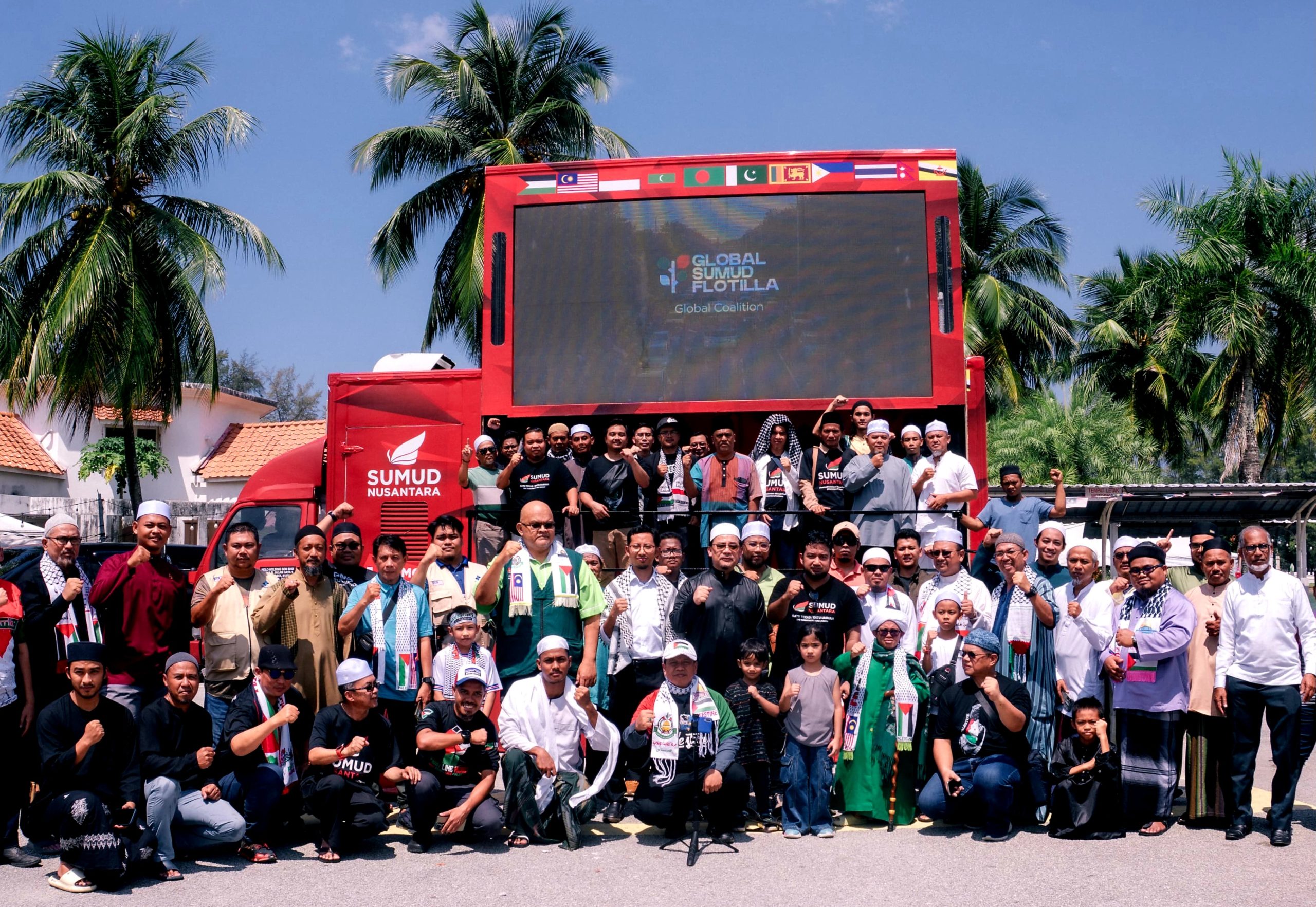


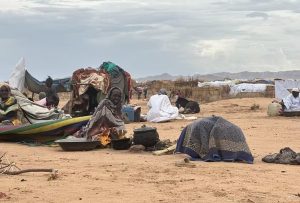
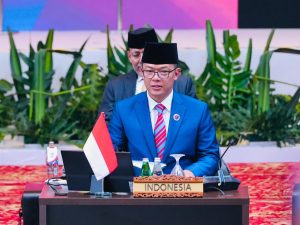


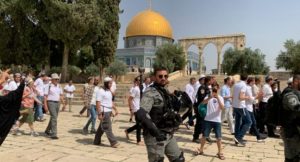
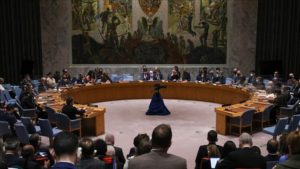
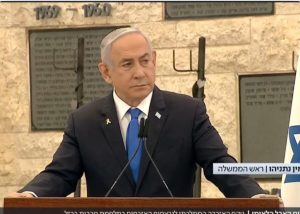
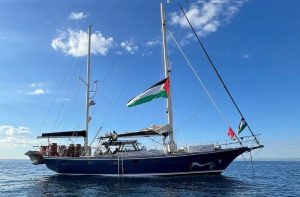
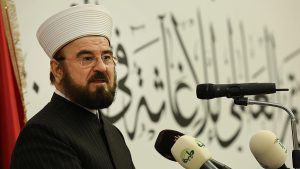
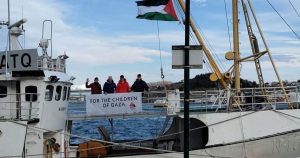
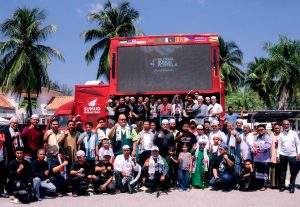
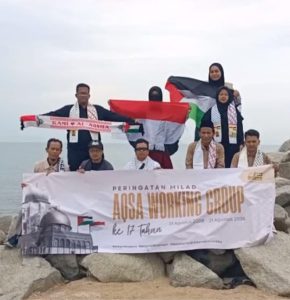
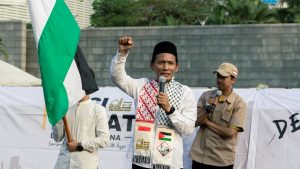











 Mina Indonesia
Mina Indonesia Mina Arabic
Mina Arabic